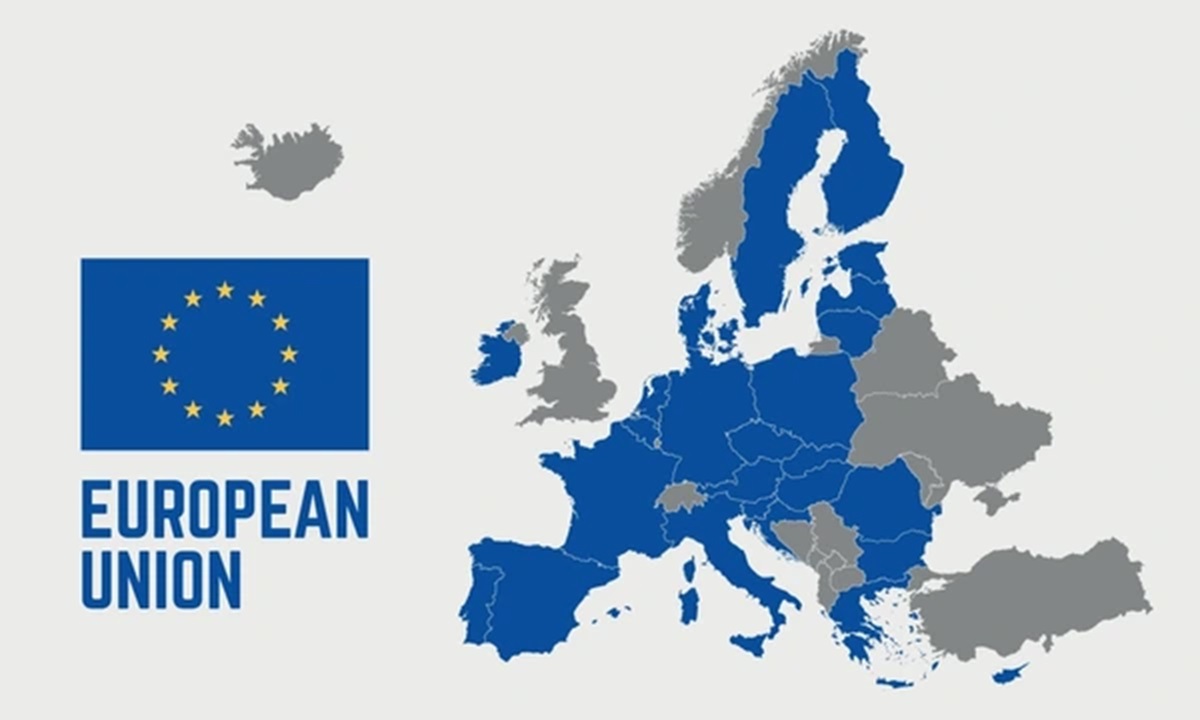The euro zone entered a recession in the first quarter of this year, and economists are not optimistic about the upcoming months.
According to revised estimates released Thursday by Eurostat, the region’s statistics office, the 20-member bloc reported a gross domestic product (GDP) of -0.1% for the first quarter.
Initially, Eurostat had indicated that the euro zone grew by 0.1% during the first three months of the year.
This figure was adjusted downward after Germany revised its growth figures for the same period, effectively entering a recession. Ireland also revised its growth rate downward, now showing a contraction of nearly 5%.
Prior to the weak performance from January to March, the euro zone had contracted by 0.1% in the last quarter of 2022. The two consecutive quarters of negative GDP growth have thus pushed the region into a technical recession.
Andrew Kenningham, chief Europe economist at Capital Economics, commented Thursday,
“News that GDP contracted in the first quarter after all means that the euro zone has already fallen into a technical recession. We suspect that the economy will contract further over the rest of this year.”

Among the euro economies reporting a quarter-on-quarter contraction for the first quarter are Ireland, the Netherlands, Germany, and Greece.
Household consumption declined by 0.3% in the first quarter, underscoring the pressures consumers face amid rising prices.
Claus Vistesen of Pantheon Macroeconomics indicated in a note that the euro zone is unlikely to experience significant growth in the coming months, expecting a slowdown in investment.
The challenging economic environment also poses a problem for the European Central Bank (ECB), which has followed a hawkish policy for the past 12 months and recently set its main interest rate at 3.25%.
The ECB is scheduled to meet next week, and market participants anticipate another 25 basis point hike.
Weak economic performance may constrain the ECB’s ability to raise rates further in its efforts to combat inflation. However, ECB officials have previously stated that reducing prices is more crucial than avoiding an economic slowdown.
Following the data announcement, euro zone bond yields continued to trade mostly higher on Thursday, as several market participants expect additional monetary tightening.







Leave a Reply